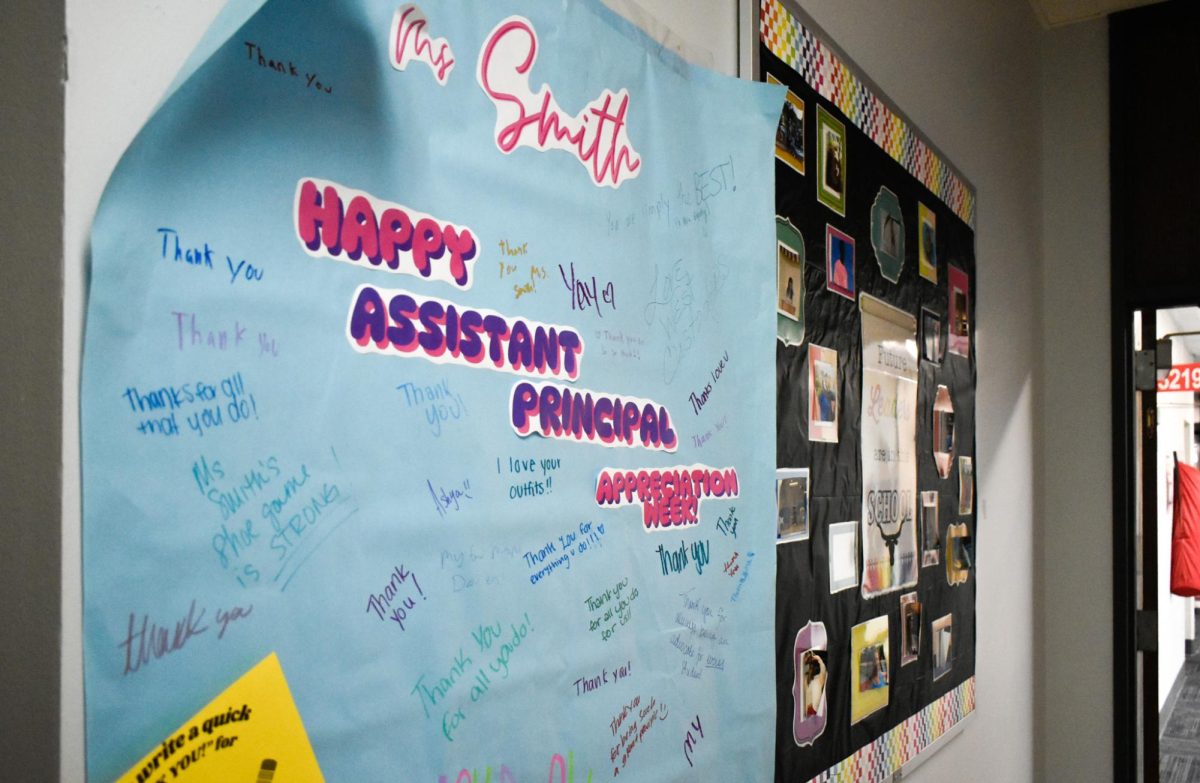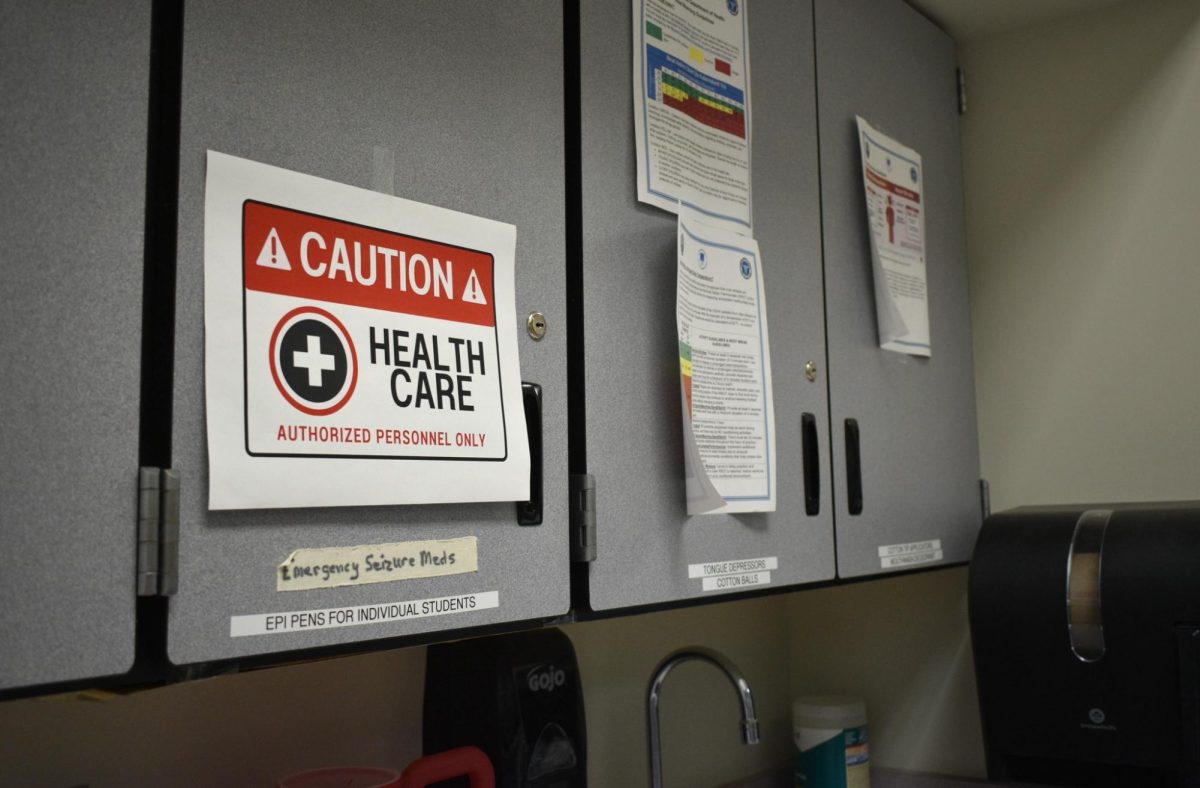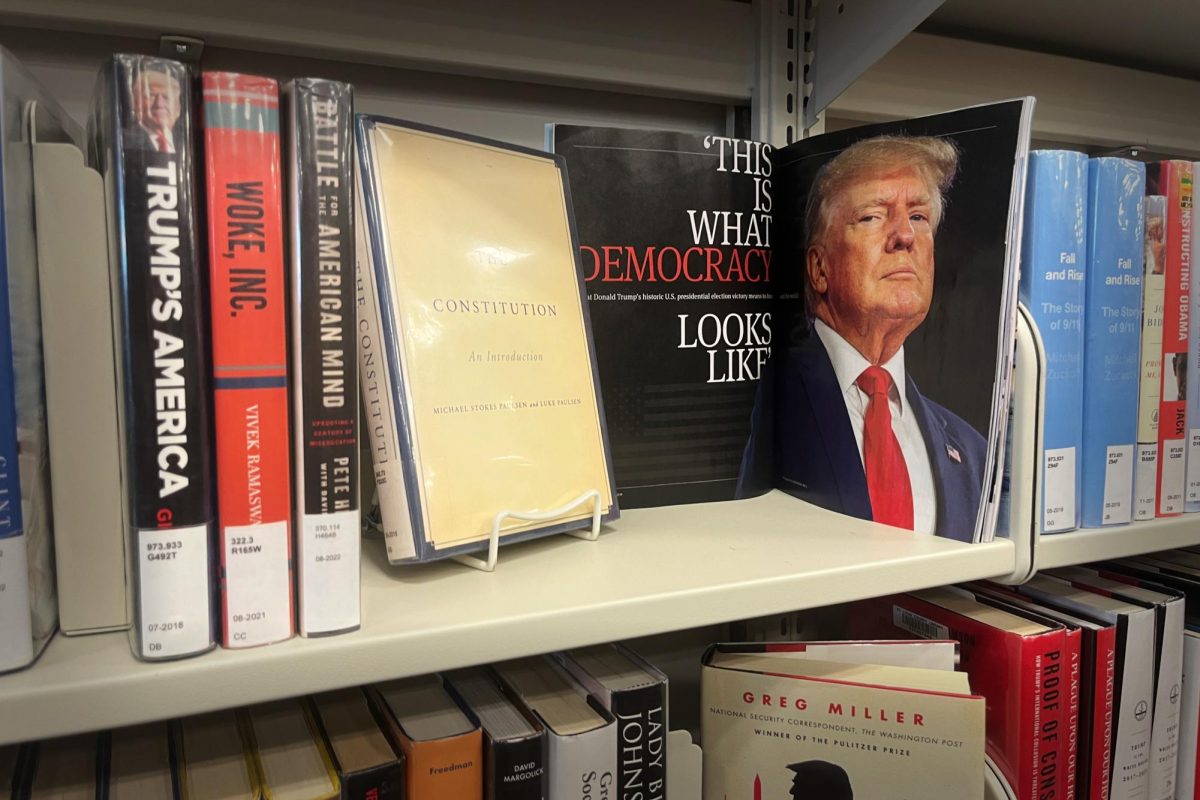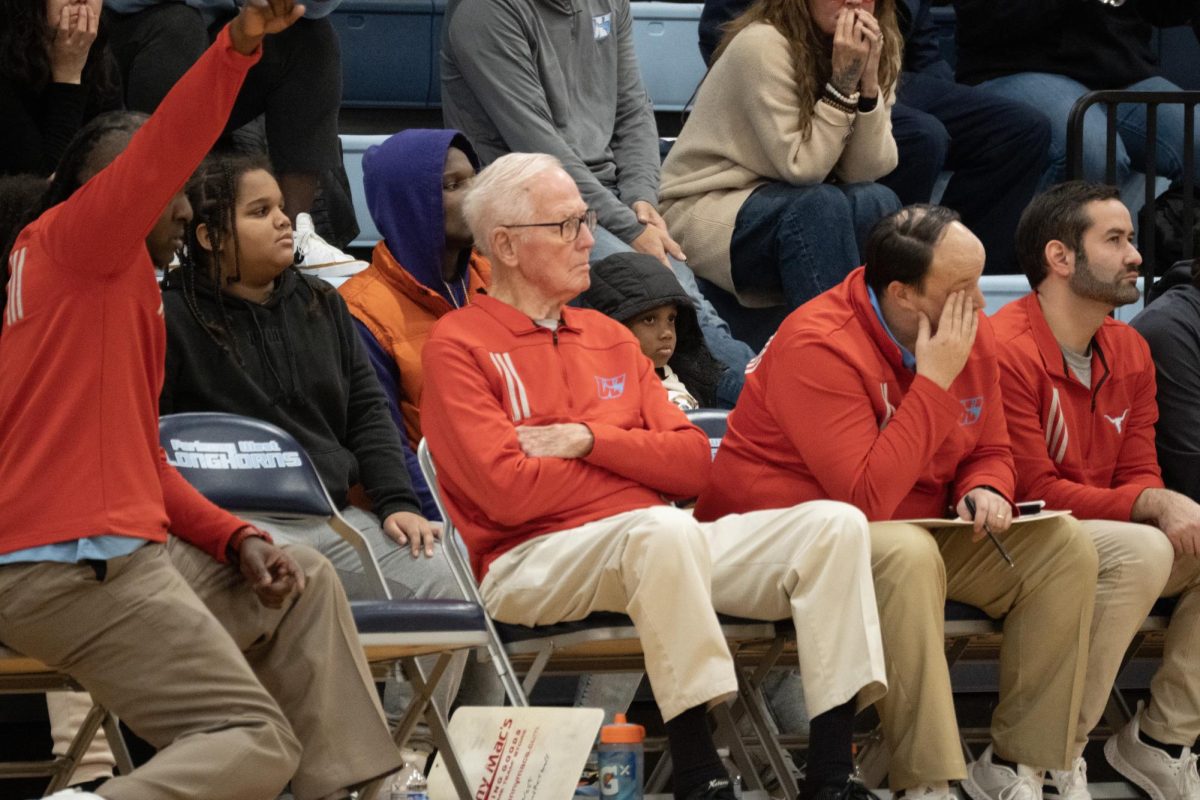Obama’s speech on the NSA Friday followed a very predictable path. He referenced notable moments in U.S. history to frame the topic of surveillance, he made arguments regarding national security in defense of the NSA, he made qualified announcements about potential reforms, and he even pointed a finger at those meanies in Russia and China, who most certainly hate freedom and privacy more than the U.S. government. Rest assured, for it was straight out of the president’s handbook.
To be sure, Obama put forward a number of substantial reforms on Friday. They are the things of realpolitik: fiddling with the details of surveillance procedures in response to public concern, without enacting any significant structural shifts to the government’s hoarding complex when it comes to data. Indeed, Obama himself said, “those who are troubled by our existing programs are not interested in a repeat of 9/11, and those who defend these programs are not dismissive of civil liberties. The challenge is getting the details right, and that’s not simple.”
This was the crux of Obama’s speech today: an argument for fiddling with details to calm both outraged privacy advocates and national security defenders. But Obama’s focus on “details” is important: without scrutiny, debates over the details of NSA reform could distract us from the fact that our state of surveillance is going no where.
For a detailed report on Obama’s suggested reforms, see here. Let’s go ahead and put the president’s words and promised reforms into some context. Essentially, Obama has vowed to keep surveillance practices largely in tact, while improving oversight. He stated that more transparency would be demanded of the shadowy practice, including possibly declassifying orders and demanding greater transparency for national security letters. There will be more panels, and there will be more reviews.
While sources close to the White House had suggested before the president’s speech that he would not address the moving of bulk metadata collections out of government hands, Obama gestured towards this possibility. The president’s remarks on this point were importantly qualified. “I am therefore ordering a transition that will end the Section 215 bulk metadata program as it currently exists.” The “currently exists” statement is an assertion that the phone data hoarding will certainly continue, but with some tweaks.
In regards to moving these vast databases into the hands of private entities, Obama noted that “more work needs to be done to determine exactly how this system might work.” However, this is no end to sprawling mass surveillance, just a potential shift in which arm of the corporate-government surveillance nexus holds our communications data. It would not be an insignificant move, but it also would not even marginally dismantle the surveillance state the U.S. is becoming.
Obama made two related reforms effective Friday: “Effective immediately, we will only pursue phone calls that are two steps removed from a number associated with a terrorist organization instead of three. And I have directed the Attorney General to work with the Foreign Intelligence Surveillance Court so that during this transition period, the database can be queried only after a judicial finding, or in a true emergency.”
As ever, we should remain critical about what sort of “judicial finding” counts as sufficient (and how shadowy such a process might be) as well as what gets to count as a “true emergency” in this era of unbounded, unending war. It’s impossible to know at this point if these reforms will do any work in securing privacy, or if the president is just trying to save face in the midst of public outrage.
As well as reiterating anger at whistle-blower Ed Snowden for prompting “sensational” stories, Obama couched his reform announcements in rhetorical patriotism. “No one expects China to have an open debate about their surveillance programs, or Russia to take the privacy concerns of citizens into account,” Obama said. Go America.
I wouldn’t exactly claim that Obama is attempting to use the NSA for MORE than national security—I wouldn’t say the government is seeking complete and total control over the U.S. citizens. Unlike some conspiracy theorists, I believe that surveillance programs are absolutely for the sole protection of American citizens, but what they’re designed for and what they’ll be used for are two different things. The president cannot control how they’ll be used in the future. These programs have a huge potential for abuse.
“The reforms I’m proposing today should give the American people greater confidence that their rights are being protected,” said the president. And therein lies the problem. As he said in December, the administration wants to give the public “greater assurance,” “greater confidence” in the wake of a historic scandal. It’s a game of political maneuvering, that asks for trust without structurally shifting the techniques of government that rightfully created distrust when revealed. The president performed a subtle rhetorical dance today in attempt to gain our “confidence”; he said as much himself. And in a certain way, he HAS gained my confidence: my confidence in the fact that we will remain always-already surveyed and that the state wouldn’t have it any other way.
Disclaimer: The views and opinions expressed in this article are those of the authors and do not necessarily reflect the official position of the Parkway School District.



![Red, white and blue, the American flag holds the values of our democracy. The fight that we once endured has returned, as student journalists and senior correspondents across the country are losing their voices due to government control. “[Are] the White House and [the] government limiting free speech [and] freedom of the press? Yes [they are],” chief communications officer of the Parkway School District and former journalist Elisa Tomich said.](https://pwestpathfinder.com/wp-content/uploads/2025/03/Untitled-design-14.jpg)
![A board in the Parkway West counseling department displays pennants of selective universities. With a wide range of students interested in attending, it’s important that these schools have clear priorities when deciding who to admit. “[Washington University] had the major that I wanted, psychology, philosophy, neuroscience. That's a holistic study of the brain, and [WashU is] the only college in the world that offers that. That's the main reason I wanted to go; I got into that program,” senior Dima Layth said.](https://pwestpathfinder.com/wp-content/uploads/2025/02/Flag-1.png)

![Within the U.S., the busiest shopping period of the year is Cyber Week, the time from Thanksgiving through Black Friday and Cyber Monday. This year, shoppers spent $13.3 billion on Cyber Monday, which is a 7.3% year-over-year increase from 2023. “When I was younger, I would always be out with my mom getting Christmas gifts or just shopping in general. Now, as she has gotten older, I've noticed [that almost] every day, I'll open the front door and there's three packages that my mom has ordered. Part of that is she just doesn't always have the time to go to a store for 30 minutes to an hour, but the other part is when she gets bored, she has easy access to [shopping],” junior Grace Garetson said.](https://pwestpathfinder.com/wp-content/uploads/2024/12/DSC_0249.JPG-1200x801.jpg)

![Senior Sally Peters stands in the history hallway, contemplating her choices in the 2024 United States and Missouri elections on Nov. 5. As a member of Diplomacy Club, Peters has discussed key candidates and issues in contemporary American politics. “[As students], we're starting to become adults. We're realizing how much the policies that are enforced and the laws that make it through the House and Senate are starting to affect us. [Opportunities such as] AP [U.S.Government] and Diplomacy Club [make elections feel] a lot more real,” Diplomacy Club vice president and senior Nidhisha Pejathaya said.](https://pwestpathfinder.com/wp-content/uploads/2024/10/Flag-1-1.png)
![Mounting school pressure can leave many students overworked and overstressed. Schools must give students the necessary resources to help assuage student mental health issues and prevent the development of serious crises. “The biggest thing [schools] can do [to protect student mental health] is offer more time [to do work], like a study hall, or offer more support from teachers so that students don't feel stressed out and can get help in areas that they need,” senior Bhavya Gupta said.](https://pwestpathfinder.com/wp-content/uploads/2024/09/unnamed-4.jpg)
![Like many students, sophomore Medina Nanic experiences pressure to do well in school. Through continuous success and achievements, West has developed a high academic standard for students. “Because we’re seen as one [of] the better schools, we have higher standards than the [schools] who aren’t ranked as high. There’s a lot of pressure on students to do [well] and live up to those standards,” Nanic said.](https://pwestpathfinder.com/wp-content/uploads/2024/05/DSC_0029-2-1200x800.jpg)
![Junior Fiona Dye lifts weights in Strength and Conditioning. Now that the Trump administration has instituted policies such as AI deregulation, tariffs and university funding freezes, women may have to work twice as hard to get half as far. "[Trump] wants America to be more divided; he wants to inspire hatred in people,” feminist club member and junior Clara Lazarini said.](https://pwestpathfinder.com/wp-content/uploads/2025/05/Flag.png)
![As the Trump administration cracks down on immigration, it scapegoats many immigrants for the United States’ plights, precipitating a possible genocide. Sophomore Annabella Whiteley moved from the United Kingdom when she was eight. “It’s pretty scary because I’m on a visa. When my visa expires next year, I’m not sure what’s going to happen, especially with [immigration] policies up in the air, so it is a concern for my family,” Whiteley said.](https://pwestpathfinder.com/wp-content/uploads/2025/05/DSC_0077-7copy.jpg)
![Shifting global trade, President Donald Trump’s tariffs are raising concerns about economic stability for the U.S. and other countries alike. “[The tariffs are] going to pose a distinct challenge to the U.S. economy and a challenge to the global economy on the whole because it's going to greatly upset who trades with who and where resources and products are going to come from,” social studies teacher Melvin Trotier said.](https://pwestpathfinder.com/wp-content/uploads/2025/05/MDB_3456-1200x800.jpg)

![Pitching the ball on Apr. 14, senior Henry Wild and his team play against Belleville East. Wild was named scholar athlete of the year by St. Louis Post-Dispatch after maintaining a high cumulative GPA and staying involved with athletics for all of high school. “It’s an amazing honor. I feel very blessed to have the opportunity to represent my school [and] what [it] stands for,” Wild said.](https://pwestpathfinder.com/wp-content/uploads/2025/05/unnamed-6-1200x714.jpg)
![Freezing in their position, the Addams Family cast hits the “rigor mortis” pose after cast member and senior Jack Mullen, in character as Gomez Addams, calls out the stiff death move. For the past four months, the combined company of cast members, orchestra pit, crew and directors all worked to create the familial chemistry of the show. “I’m excited for [the audience] to see the numbers, the music, the scenes, but I also just love all the technical aspects of it. The whole spectacle, the costumes, makeup and the people that put in the work backstage in order to make the show successful on stage. I’m excited for people to see and appreciate that,” Mullen said.](https://pwestpathfinder.com/wp-content/uploads/2025/03/DSC0116-1200x800.jpg)

![Some of the most deadly instances of gun violence have occurred in schools, communities and other ‘safe spaces’ for students. These uncontrolled settings give way to the need for gun regulation, including background and mental health checks. “Gun control comes about with more laws, but there are a lot of guns out there that people could obtain illegally. What is a solution that would get the illegal guns off the street? We have yet to find [one],” social studies teacher Nancy Sachtlaben said.](https://pwestpathfinder.com/wp-content/uploads/2025/01/DSC_5122-1200x800.jpg)
![Complex global supply chains supply the goods for everyday luxuries, such as the coffee at West High’s Blue Brew. Low tariffs enabled much of the prosperity of modern history. “Higher tariffs lead to higher costs. A tariff is a tax on an imported good, and someone has to pay for that tax, and typically that [will] end up impacting consumers,” economics teacher Rachel Money said.](https://pwestpathfinder.com/wp-content/uploads/2024/12/Flag-1.png)
